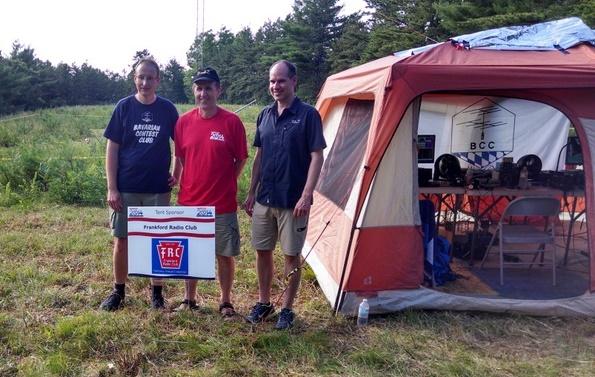It was the end of a hard-fought contest at the 2014 World Radiosport Team Championship (WRTC). The first- and second-place winners had been agreed upon; the third-place contenders had yet to be determined. The judges were exhausted. The time limit was almost up.
The scores of the contenders for the bronze—the Stockton/London team and the Wolf/von Baltz team—were so close that they literally almost tied. The results all came down to receiving an electronic log from an operator on a tiny Lipsi island, a dot in the Greek Dodecanese within view of the Turkish mainland. This island was counted as a separate country because of its distance from the Greek mainland. The judges’ attempts to verify this contact failed, the contact point was nullified, and the bronze medal was awarded to the Wolf/von Baltz team.
This incident is from an excellent book, “Contact Sport,” by J.K. George, an experienced radio operator, who balances the book’s technical sections with interesting subplots and anecdotes. The book describes the WRTC radio contest of 2014, but the competition started in 1990, and since 2002, like the Olympics, it has been held about every four years.





